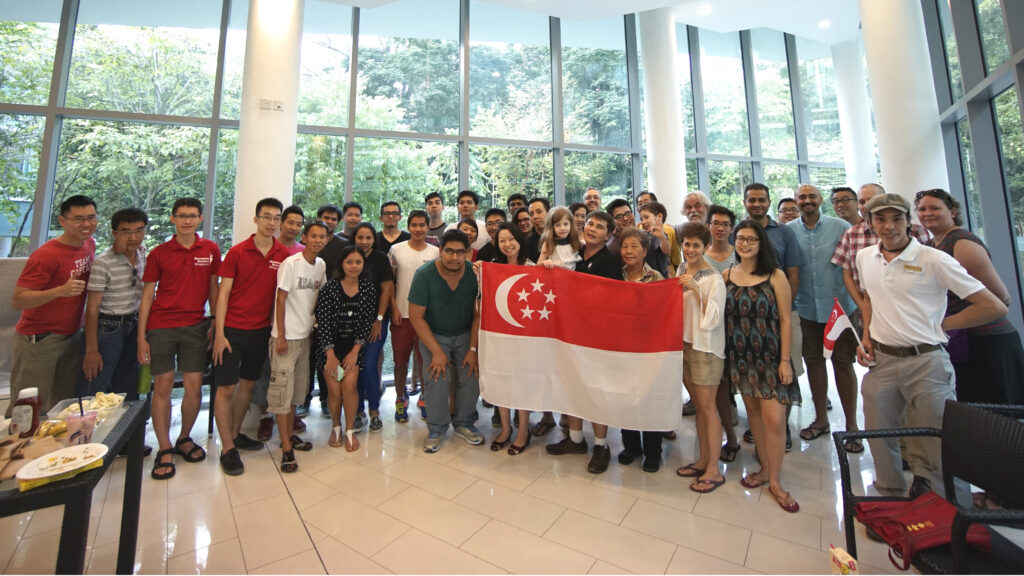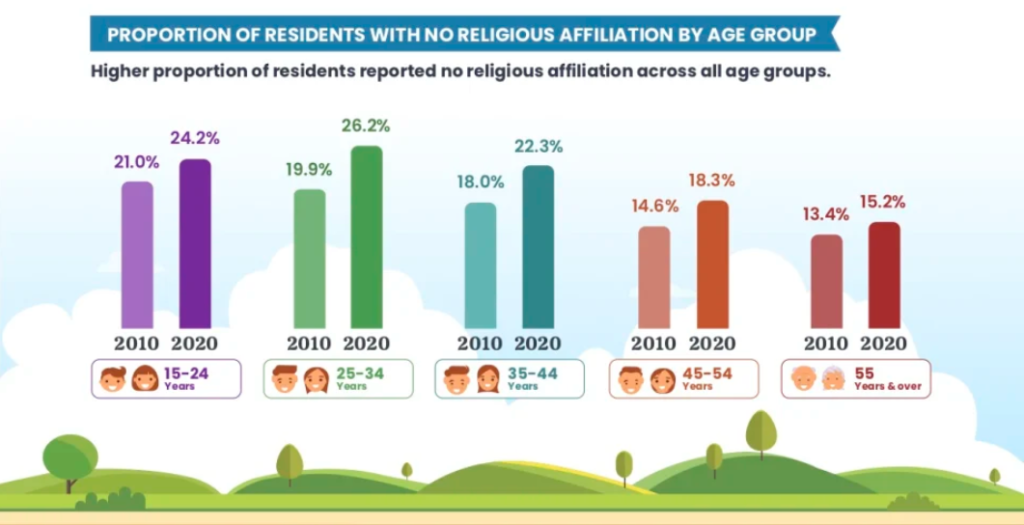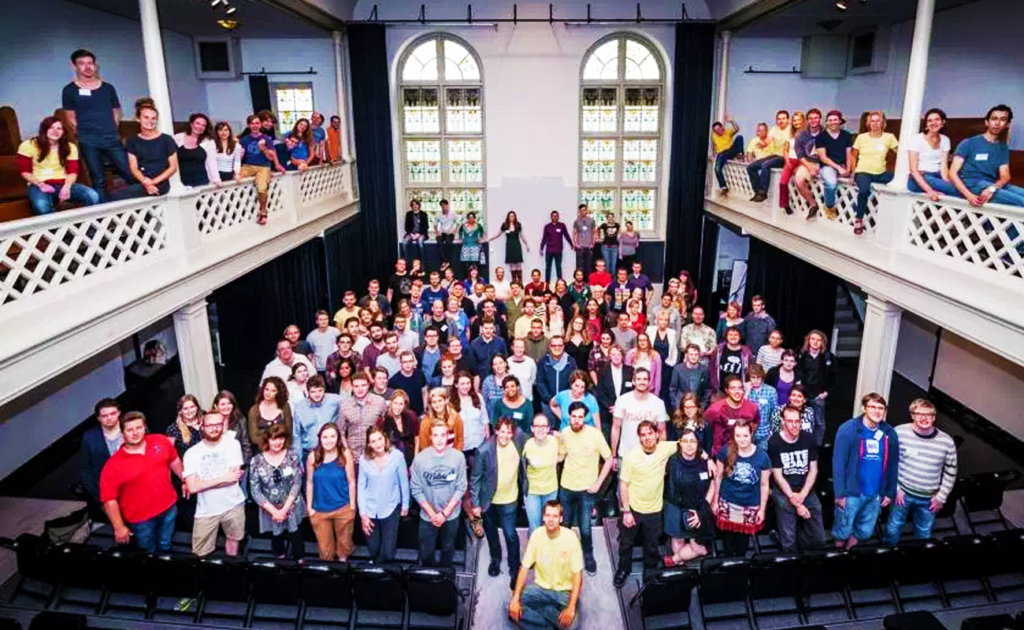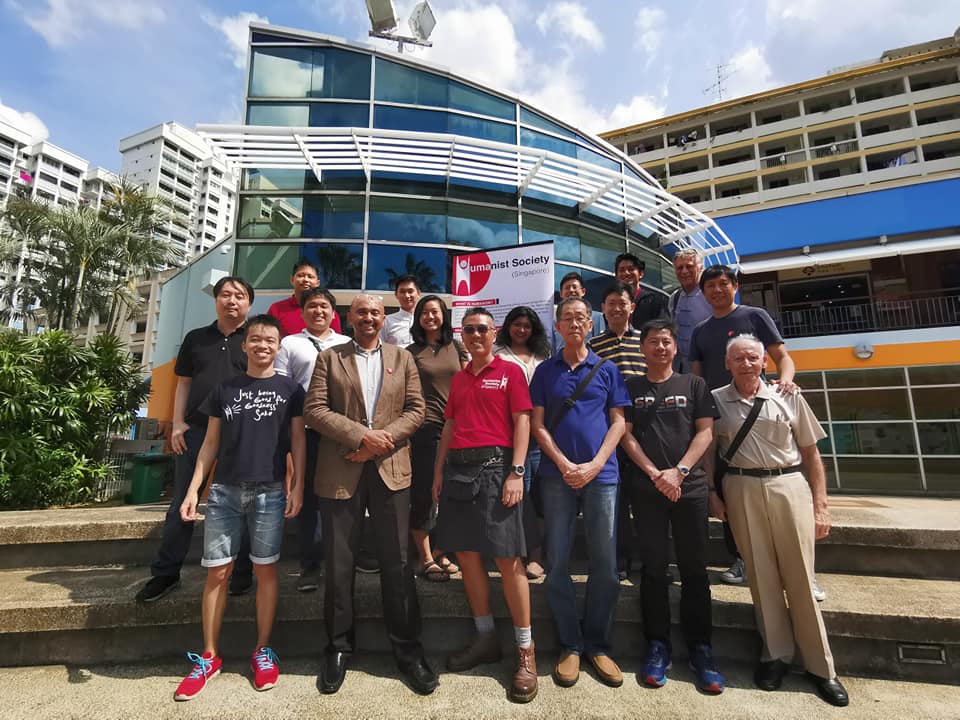
By Zheng Huifen
The Singapore Department of Statistics released its first set of figures from the 2020 census on 16 June 2021.
Singapore residents with no religious affiliation make up 20% in 2020, second in size only to the percentage which identifies as Buddhists (31.1%). This is a higher number than those identifying with the other major religions in Singapore, namely Christianity (18.9%), Islam (15.6%) and Hinduism (5%).[1]
It is undeniable that the numbers of people with no religious affiliation is on the rise in Singapore. This is not surprising as most developed nations exhibit decreasing levels of religiosity.[2] Even in the United States, where Christianity features strongly in daily life, one 2021 survey estimates that about one in four US residents or 28% identify as non-religious.[3]

How does the non-religious resident population fit into Singapore’s narrative of being a multi-religious, multi racial country? The recent, highly publicized incidents of racism against minority races has galvanised the discussion on the multi-racial aspect. However, there is rarely, if any, public discussion about religion (or lack thereof).
To manage interreligious relations in Singapore, the preferred official approach seems to be to aim for a kind of ostensibly harmonious balance between the different religious groups. This is expressed in a carrot and stick approach. On the one hand, there is visible representation of all major religious groups in the official and social realms, whether it is the Presidential Council for Religious Harmony, the official celebrations of the major religious festivals, or state-sanctioned interfaith conferences. Behind all of this, sits the spectre of the law – the Maintenance of Religious Harmony Act which restrains and penalise religious leaders if they stir unrest between their flocks.[4]
What is missing from this framework is the place of the non-religiously affiliated. It might be that it is not possible to have a place for the non-religious, since this is a group united only by something that they lack. What is there to say about the absence of an ideology?
This is where we come to the common stereotypes about people without a religious affiliation, usually that a person lacking a religion is immoral or leads an unfulfilled, purposeless life.

Naysayers may be surprised to find that there is a global movement that unites a fair number of people with no religious affiliation. This is humanism, a broad movement which can trace its roots to different philosophical and even religious schools of thoughts. Modern humanism can be summed up by the minimum statement put out by the Humanists International:
“Humanism is a democratic and ethical life stance that affirms that human beings have the right and responsibility to give meaning and shape to their own lives. Humanism stands for the building of a more humane society through an ethics based on human and other natural values in a spirit of reason and free inquiry through human capabilities. Humanism is not theistic, and it does not accept supernatural views of reality.”[5]
Of course, humanistic values – democracy, ethical treatment of self and others, the pursuit of meaning – are not exclusively the domain of the humanist movement. They can be found in most major religions too. What is unique is that the humanist movement comes to these values without the aid of supernatural views of reality i.e. there is no belief in deities or some greater all-seeing all-powerful force. There is simply a belief in the inherent goodness and capability of each human being to be able to do the right thing and to improve their community.

Not many Singaporeans are aware that we have a homegrown Humanist Society (above). While it does not claim to speak on behalf of every person in Singapore who has no religious affiliation, for the last 11 years, it has been working hard to dispel deep-seated misconceptions of the non-religious.
The Society engages the media, attends several interfaith dialogues, and documents personal stories of the non-religious with the goal of giving them a place in the Singapore story. This year, the Society will be releasing its first book, Good for Goodness Sake, showcasing the good work done over the past decade.
As the non-religious population grows, the Society wants to facilitate a good landing beneficial to all in Singapore. A good landing is where a state of genuine ease exists between all communities and groups, regardless of religious affiliation. At the same time, all can feel welcome to add their voice to Singapore’s dialogues on national issues.
Every year, on World Humanist Day (21 June 2021) the HSS will reaffirm our alignment with the Minimum Statement of Humanism. We further hold that humanity must seek for truth through reason and the best observable evidence, and endorse scientific skepticism and the scientific method.
About the Author:
Zheng Huifen is a corporate lawyer for a bank, working in fintech and financial services. She previously served as Vice President and Treasurer for the Humanist Society (Singapore). She is a trained interfaith facilitator and is also a board member of AWARE. She hopes that the HSS will grow to be both a strong members’ group and to be recognised as having a voice to contribute in discussions of national policy. She believes that people want to be able to mark occasions, either of great joy or great sorrow, with some form of ritual and ceremony; she looks forward to a time when the HSS can also provide such celebrant services.

[1] https://www.singstat.gov.sg/-/media/files/news/press16062021.pdf
[2] https://news.gallup.com/poll/142727/religiosity-highest-world-poorest-nations.aspx
[3] https://www.pewforum.org/2021/01/14/measuring-religion-in-pew-research-centers-american-trends-panel/
[4] Maintenance of Religious Harmony Act, Ch 167A
[5] https://humanists.international/what-is-humanism/




